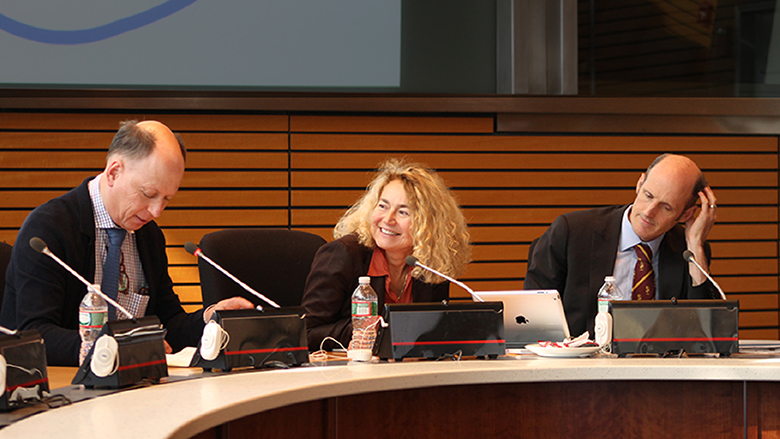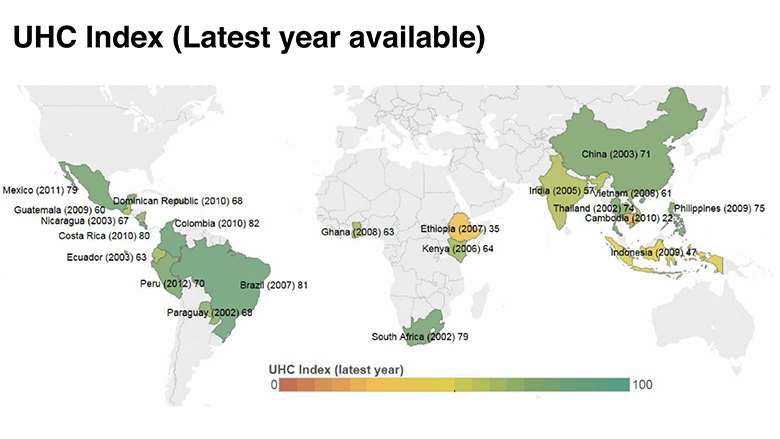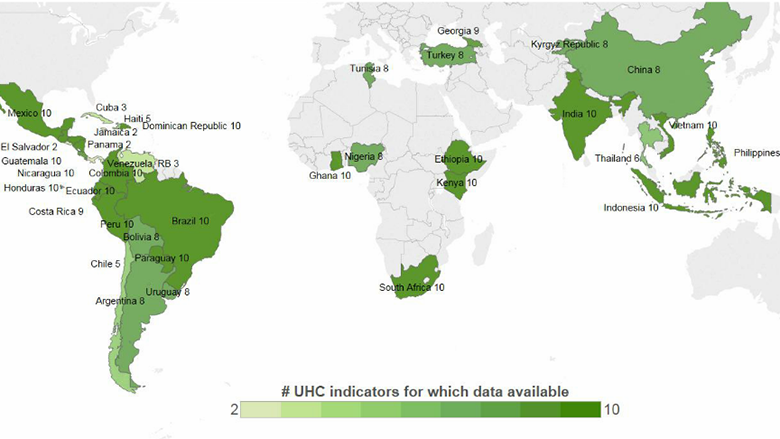With pervasive ill-health and disease continuing to both cause and drive poverty for millions of families worldwide, government leaders, health ministries, development agencies, CSO groups, and many others are working to achieve the goal of universal health coverage (UHC).
However, inconsistent definitions of UHC and how to measure it have muddied country-by-country analysis of progress and the evaluation of the effectiveness of policy reforms. To address these difficulties, Adam Wagstaff, a Research Manager in the World Bank’s Research Department, together with several coauthors, has proposed a new index that assesses countries’ progress towards UHC in one ranking.
In our latest Policy Research Talk Wagstaff discusses the various limitations of existing measurements of universal health coverage, and suggests a new scoring system that measures coverage of services as well as financial protection.
The index is based on a definition of UHC that emphasizes two dimensions: everyone receives the care they need, irrespective of their ability to pay, and no one experiences undue financial hardship as a result. By measuring UHC across two vital criteria, the new index examines access to healthcare through the lens of less poverty and resilience.




